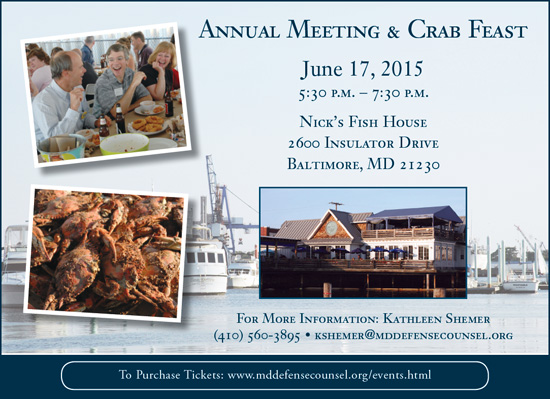
Uber Serious Implications: How a Smartphone App is Driving the Conversation
on Worker Classification
 Rachel M. Severance Rachel M. Severance
After their six-year-old daughter was killed by an Uber driver on New Year’s Eve, a San Francisco family filed a wrongful death lawsuit against both the driver and Uber itself, the owner of the increasingly popular smartphone app. The lawsuit alleges that Uber (and similar companies such as Lyft or Sidecar) runs afoul of California’s law prohibiting distracted driving because Uber requires drivers to “respond quickly to a user request for service by interfacing with the app.” Kale Williams & Kurtis Alexander, Uber Sued Over Girl’s Death, SFGATE (Jan. 28, 2014, 12:42 PM), http://www.sfgate.com/bayarea/article/Uber-sued-over-girl-s-death-in-S-F-5178921.php. Although Uber, Lyft, and Sidecar have been sued for personal injury damages before, this is the first case involving wrongful death and major damages.
This lawsuit highlights many legal issues for these types of transportation companies that rely on a network of apps, particularly with regard to the employment status of the drivers. The obvious issue is whether Uber drivers are employees or independent contractors. Uber drivers are required to carry their own insurance, but is Uber vicariously liable for the negligent actions of its drivers? Unsurprisingly, Uber contends that its drivers are independent contractors, and it maintains that it is not vicariously liable for any driver’s negligent acts. Companies such as Uber claim that they are merely tech companies, which take a fee for putting passengers and drivers together, and therefore, the drivers are independent contractors. However, if the driver is determined to be an employee, the company is opened up to vicarious liability, taking on the responsibility for the negligence of its employee. Some Uber drivers disagree with Uber’s stance in this regard. Some drivers have even filed a putative class action in the United States District Court for the Northern District of California, alleging that they have been misclassified as independent contracts when they are actually employees. O’Connor, et al. v. Uber Technologies, Inc., et al., C-13-3826 EMC (D. Cal. filed August 16, 2013).
Although ride-sharing apps are new, parallels can be drawn in the way the law treats taxi and delivery drivers. For example, taxi drivers often lease their vehicles and display some form of “taxi leased to driver” language on the cab. The drivers and the taxi companies consider the drivers to be independent contractors. However, in the event of an accident, the plaintiff will most likely sue the driver and the cab company. Despite an assertion that the driver is an independent contractor, the plaintiff may very well prevail against the cab company depending upon the facts. Uber, Lyft, and Sidecar have continuously fought any parallel characterizations to traditional taxi companies and we fully expect them to continue to push this distinction. See, e.g. C & H Taxi Co. v. Richardson, 461 S.E.2d 442 (W. Va. 1995); Pikaart v. A & A Taxi, Inc., 713 S.E.2d 267 (S.C. 2011); Lopez v. El Palmar Taxi, Inc., 676 S.E.2d 460 (Ga. Ct. App. 2009); Blue & White Taxi v. Carlson, 496 N.W.2d 826 (Minn. Ct. App. 1993).
In 2013, a Texas jury awarded $32 million in damages resulting from a fatal car accident against a pizza delivery driver and the independent franchise store that sold the pizza. The jury found Domino’s Pizza vicariously liable, partly because the driver alleged that he was speeding in order to meet Domino’s 30-minute delivery policy at the time of the accident. Domino’s Pizza is appealing the verdict.
The characterization of independent contractor versus employee is not a new issue in the law and it spans a variety of legal cases. As employment law disputes reveal, workers that employers characterize as independent contractors may nevertheless be characterized as employees in the eyes of the court. Uber, Lyft, and Sidecar are new companies and it is too soon to say how the liabilities will be assigned. However, it is inevitable that accidents will occur and this issue will need to be resolved. Cases involving the liability of these companies will provide a chance for legal professionals to test the limits of liability while still applying established principles and laws.
Rachel M. Severance is an Associate in the Litigation Department of Niles, Barton & Wilmer, LLP. She concentrates her practice in the areas of civil and commercial litigation, insurance coverage and property insurance law, subrogation, and employment law in the state of Maryland. She is a member of the ABA, MSBA’s Labor & Employment Law Section, Litigation Section and Young Lawyers Section, Bar Association of Baltimore City and DRI. Ms. Severance serves on the Board of Directors of the Eubie Blake National Jazz Institute and Cultural Center in Baltimore.

|

